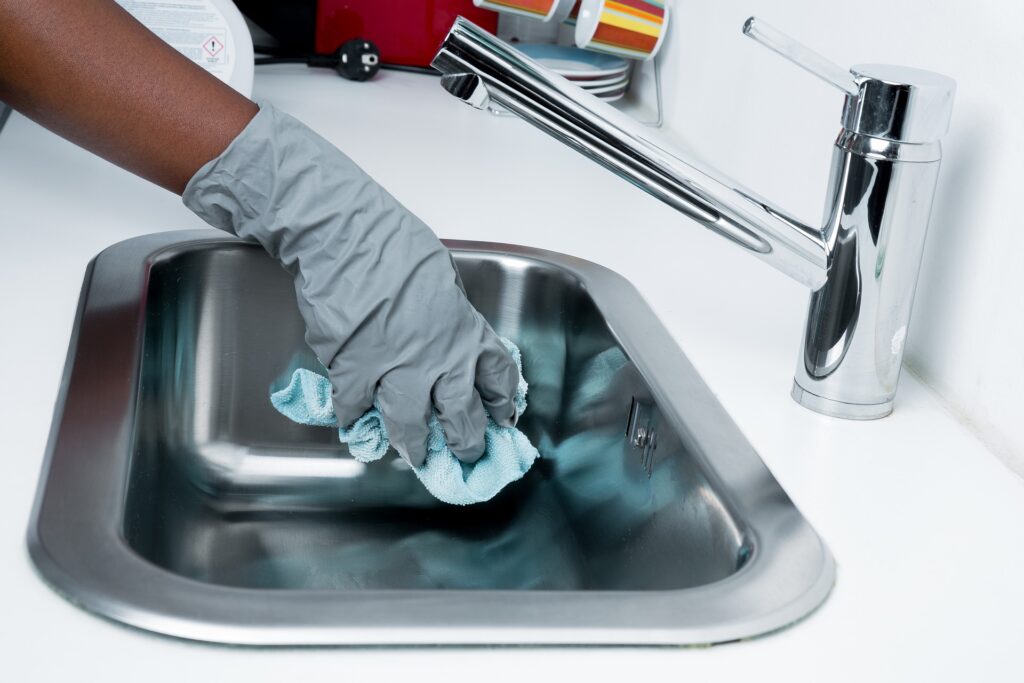When asked any question about the safety of a product, most manufacturers and dealers would refer to a guide on workplace hazards. In countries like Canada and the US, all chemicals that can be encountered in the workplace will have labels that describe, either in symbols, pictures or words, the dangers associated with using that chemical.
Around the world, the UN set up a system by which to standardize the labelling of chemicals so that warnings and hazards can be communicated reliably. That said, one must still understand those symbols and words to decide if the product is safe not only for the project they are attempting, but also for themselves.
When it comes to drain cleaning products, the labels can reveal a lot that helps you to decide if you want to use it. Most products available to the public work by creating an acidic chemical reaction that dissolves organic materials.
Here are 3 things to consider when assessing whether a chemical drain cleaner is right for you:
1. What is the nature of the problem?

When dealing with everyday debris, such as hair or food fragments, many of these can be resolved with effective use of a plunger or pipe snake. (A pipe snake is a plumbing tool that sends a metal coil down the drain and the handle can be turned to drill the head through any blockage, making it possible to either pull it back out, or break it up enough to flush it through the pipe.)
These are best first steps, since many clogs can be cleared, with no other consequences than perhaps some dirty water to clean up. However, no drain cleaner in the world can help if your problem is tree root infiltration, or a poorly connected set of pipes.
2. What kind of pipe are you dealing with?
Older homes may have metal or copper pipes which can tolerate a certain amount of the scouring action from drain cleaning products. Newer homes mostly have PVC pipes (which appear to be plastic to most of us) and these are more likely to warp and leak from repeated exposure to caustic chemicals.
Some drain cleaners have been reported to degrade the solder used to join copper pipes together. Knowing what kind of plumbing you are dealing with will help you to better select your method of clearing a blockage.
3. What are your chemical sensitivities?
The labels of chemical drain cleaners almost universally have the poison symbol of the skull and crossbones prominently displayed on the front. That should tell you a lot.
However, perhaps you are not worried, as you don’t intend to ingest the stuff. Still, there are fumes and skin contact to consider as well.
Some skin types are particularly sensitive and can be burned even when not in direct or close contact with these chemicals. And if (heaven forbid!) the cleaner happens to get mixed with other chemicals (such as bleach) toxic fumes that will damage your lungs can result.
